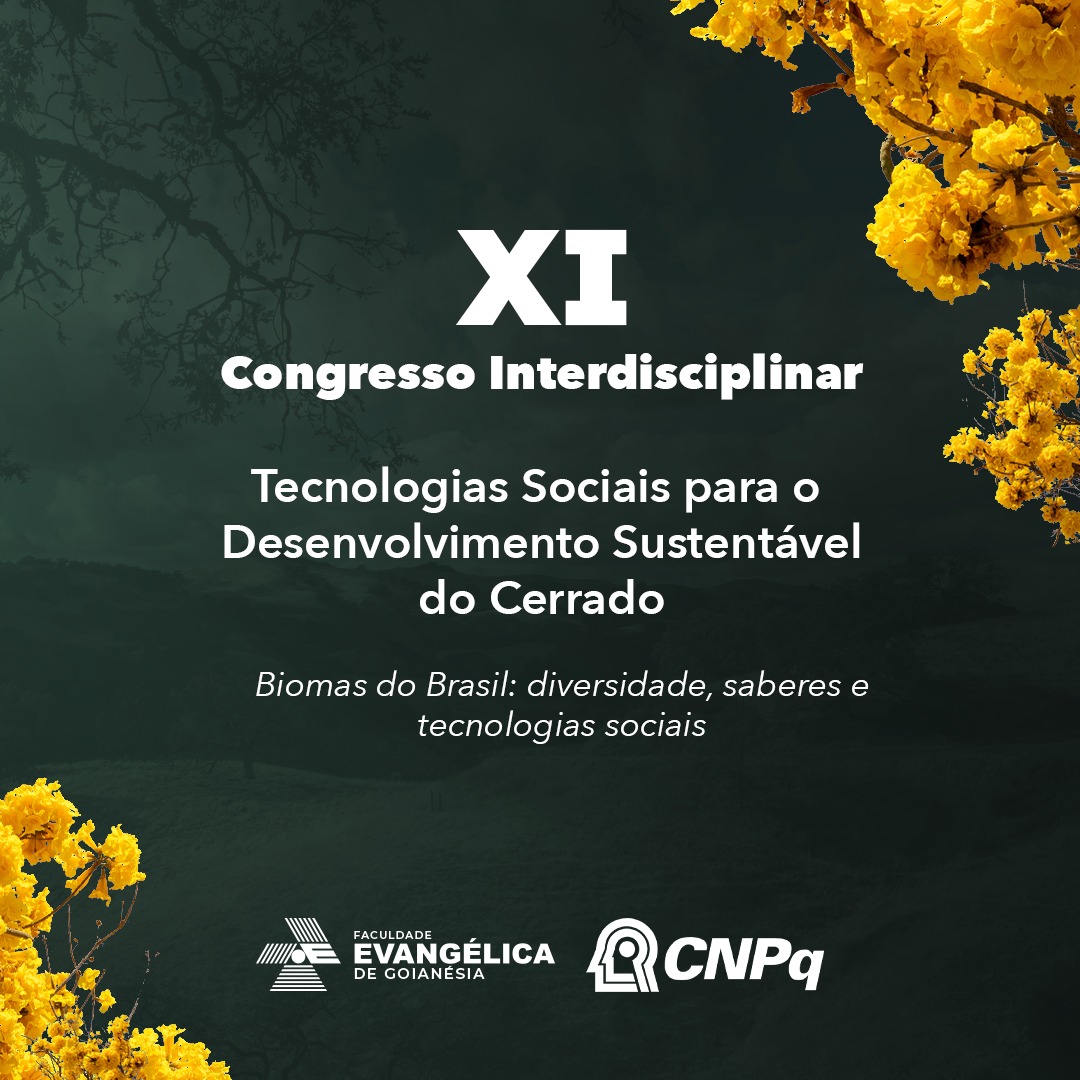VIRTUALIZATION OF THE EVANGELICAL COLLEGE OF GOIANÉSIA: EXPANDING A REAL SPACE INTO A VIRTUAL SPACE
Keywords:
Virtualization, Revit, Accessibility, Virtual environmentAbstract
The main objective of this study is the virtualization of the Evangelical College of Goianésia through the creation of a digital replica of its physical facilities, using Revit (Autodesk) software, widely recognized in the field of Building Information Modeling (BIM). The initiative aims to provide visualization and knowledge of the college's physical space remotely, allowing interested parties to explore the facilities via the internet, thus contributing to the democratization of access to the academic environment. Virtualization emerges as an innovative solution, especially in a scenario increasingly driven by digitization and the need for accessibility to environments that were previously restricted to physical space. The applied methodology comprised detailed stages, including the architectural and structural survey of the college’s facilities, complete and accurate three-dimensional modeling of each building and environment in Revit, and the implementation of an interface so that this model could be accessed interactively in the virtual environment. Revit was chosen for its ability to handle complex projects, allowing for the inclusion of essential architectural and construction details to ensure a faithful representation of the real space. In addition, the external specifications of each sector of the college, divided into blocks that include laboratories, libraries, social areas, among others, were considered, ensuring that all external spaces were faithfully reproduced. The main results obtained with the development of this project stand out in the creation of a realistic virtual model, accessible via digital platforms, which can be used both for academic purposes and for virtual visits. The modeling not only allows for accurate visualization of the institution's physical space but also contributes to the development of an interactive platform that offers users an intuitive and engaging navigation experience. The project proved to be feasible and innovative, as it enables the college to expand its reach, allowing prospective students, professors, and virtual visitors to explore its facilities without the need for physical travel to the campus. This expansion of the real space into the virtual promotes greater accessibility and visibility for the institution, which could positively impact both the increase in enrollment and the public recognition of the college. In conclusion, the virtualization of the Evangelical College of Goianésia represents an effective and modern strategy for institutional promotion, being a pioneering project in the context of regional colleges. By using cutting-edge technological tools such as Revit, it is possible to provide a rich and detailed visual experience that meets contemporary needs for digitization and remote access. Furthermore, the project reinforces the importance of integrating architecture, technology, and education, indicating that the virtualization of physical spaces may become a growing trend in the educational field, especially in times when mobility and remote access are becoming increasingly relevant.
Published
Issue
Section
License
Copyright (c) 2024 Congresso Interdisciplinar - ISSN: 2595-7732

This work is licensed under a Creative Commons Attribution-NonCommercial-NoDerivatives 4.0 International License.

